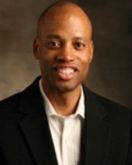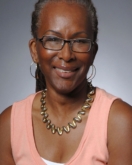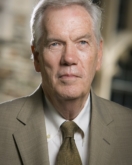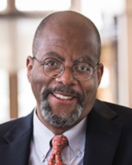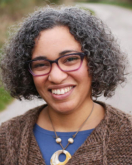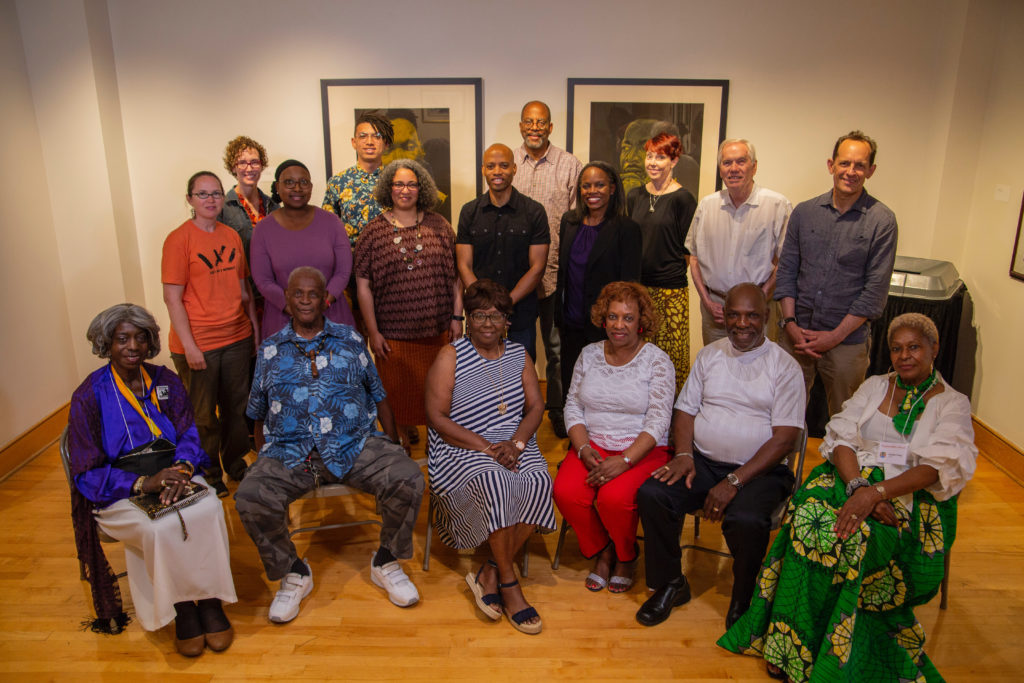
Photo by H. Jay Dunmore.
With the fiftieth anniversary of Martin Luther King’s death in April 2018, University of Virginia’s Project on Lived Theology convened a workgroup, Prophet with a Pencil: The Continuing Significance of Martin Luther King’s ‘Letter from Birmingham Jail’—a gathering of ten scholars and practitioners, conceptualized and organized by Arthur M. Sutherland, Ph.D., associate professor of theology at Loyola University Maryland. Convening in Birmingham, Alabama in June 2018, the assembly’s work includes publishing a volume of essays on theological ideas and questions raised by King in 1963 that are still relevant today.
Typically read in American colleges and universities as an example of masterful rhetoric, King’s letter, written with a borrowed pencil, is actually a critique of Christian faith and practices; the letter admonishes a church which, in King’s words, had “a weak, ineffectual voice with an uncertain sound.” Although many of the sentences in King’s letter, such as “Injustice anywhere is a threat to justice everywhere,” supply the pages of our national quote book, their theological significance is often overlooked.
The Prophet with a Pencil contributors shared and discussed their work during a research retreat at the Birmingham Civil Rights Institute (BCRI) and Historic Bethel Baptist Church. During the two-day gathering, this taskforce of scholars shared drafts of their essays, met with surviving participants of the Birmingham Children’s March, and participated in an exchange of ideas with civil rights activists. The essay collection based on this gathering will be published by Cascade Books.
2018 PROPHET WITH A PENCIL AUTHORS
For more information about the authors, please click on their photos below.
Each author will write on the continuing theological significance of a phrase from King’s letter:
- Davi Johnson Thornton: (Speech Communication, North Carolina A&T State University) is writing on the contrast between the contingent, visual language used by King: “The hope I see in Mr. Boutwell is that he will be reasonable enough to see the futility of massive resistance to desegregation. But he will not see this without pressure from the devotees of civil rights,” and the certain, visual orientation of I Corinthians 13:12: “For now we see in a mirror dimly, but then face to face.”
- AnneMarie Mingo (African American Studies and Women’s Studies, Pennsylvania State University) chose “I doubt that you would so quickly commend the policemen…if you were to watch them push and curse old Negro women and young Negro girls,” to analyze the continuing support of the Church for racist practices of police departments.
- Hak Joon Lee (Christian Ethics, Fuller Theological Seminary) builds upon King’s declaration “Oppressed people cannot remain oppressed forever.” He examines LFBJ as a public moral document and analyzes how it corroborates other authoritative documents on human rights, particularly the Universal Declaration of Human Rights (UDHR), and the UN Charter.
- Richard Maurice Smith (Sociology, McDaniel College), is intrigued by this sentence: “it is unfortunate that so-called demonstrations are taking place in Birmingham at this time, but…it is even more unfortunate that the white power structure of this city left the Negro community with no other alternative.” Smith considers why the underlying causes for contemporary discontent and demonstration remain unexamined by current churches just as they were in King’s time.
- Angela Sims (Black Church Studies, St. Paul School of Theology) draws from King’s observation of the South’s churches. King writes, “Over and over I have found myself asking: “What kind of people worship here? Who is their God?” Sims believes that LFBJ mandates a theological anthropology in which our interaction with others reflects our relationship with the Divine.
- Richard Lischer (Homiletics, Duke Divinity School) selects the letter’s salutation “MY DEAR FELLOW CLERGYMEN” to remind us that this is a public letter, a programmatic manifesto, a real letter from a real prison with bars and guards, a theological epistle, and, in some of its parts, a sermon whose origin in the pulpit of Ebenezer Baptist Church is unmistakable.
- Arthur Sutherland (Theology, Loyola University Maryland) will write on the selection, “If I have said anything in this letter that overstates the truth and indicates an unreasonable impatience, I beg you to forgive me. If I have said anything that understates the truth and indicates my having a patience that allows me to settle for anything less than brotherhood, I beg God to forgive me.” Although patience has long been considered a virtue in Christian theology, King’s letter puts forward the notion that virtuous impatience also has its place.
- Charles Marsh (Religious Studies, University of Virginia) selected, “But the judgment of God is upon the church as never before. If the church of today does not recapture the sacrificial spirit of the early church, it will lose its authentic ring, forfeit the loyalty of millions, and be dismissed as an irrelevant social club with no meaning for the twentieth century.” Marsh will explore King’s idea of “authentic” ecclesial witness both in its historical context and as a proposal for contemporary engagement.
- Malinda Barry (Theology & Ethics, Anabaptist Mennonite Biblical Seminary) has chosen the passage from King’s letter that begins with “For there is the more excellent way of love and nonviolent protest.” She will highlight the challenges and consequences of King’s ethic of nonviolence and its antecedents in Ghandi and the Radical Reformation.
- Jonathan Bass (History, Samford University) selected these lines: “I am thankful, however, that some of our white brothers in the South have grasped the meaning of this social revolution and committed themselves to it. They are still all too few in quantity, but they are big in quality.”
- Marie Sutton (Director, Marketing & Communications and Student Media, University of Alabama, Birmingham) will focus on the poignant lines when King quotes his daughter–“Daddy, why do white people treat colored people so mean?”–and lay this against King’s troubled relationship with A.G. Gaston, the black millionaire and owner of the Gaston Motel, the headquarters for King’s movement in Birmingham.
The mission of The Project on Lived Theology is to clarify the interconnection of theology and lived experience and promote academic resources in pursuit of social justice and human flourishing. The Project offers a variety of familiar and unconventional spaces where theologians, scholars, students, practitioners, and non-academics can demonstrate the importance of theological ideas in the public conversation about civic responsibility and social progress. The project was established in 2000 with a grant from the Lilly Endowment.




